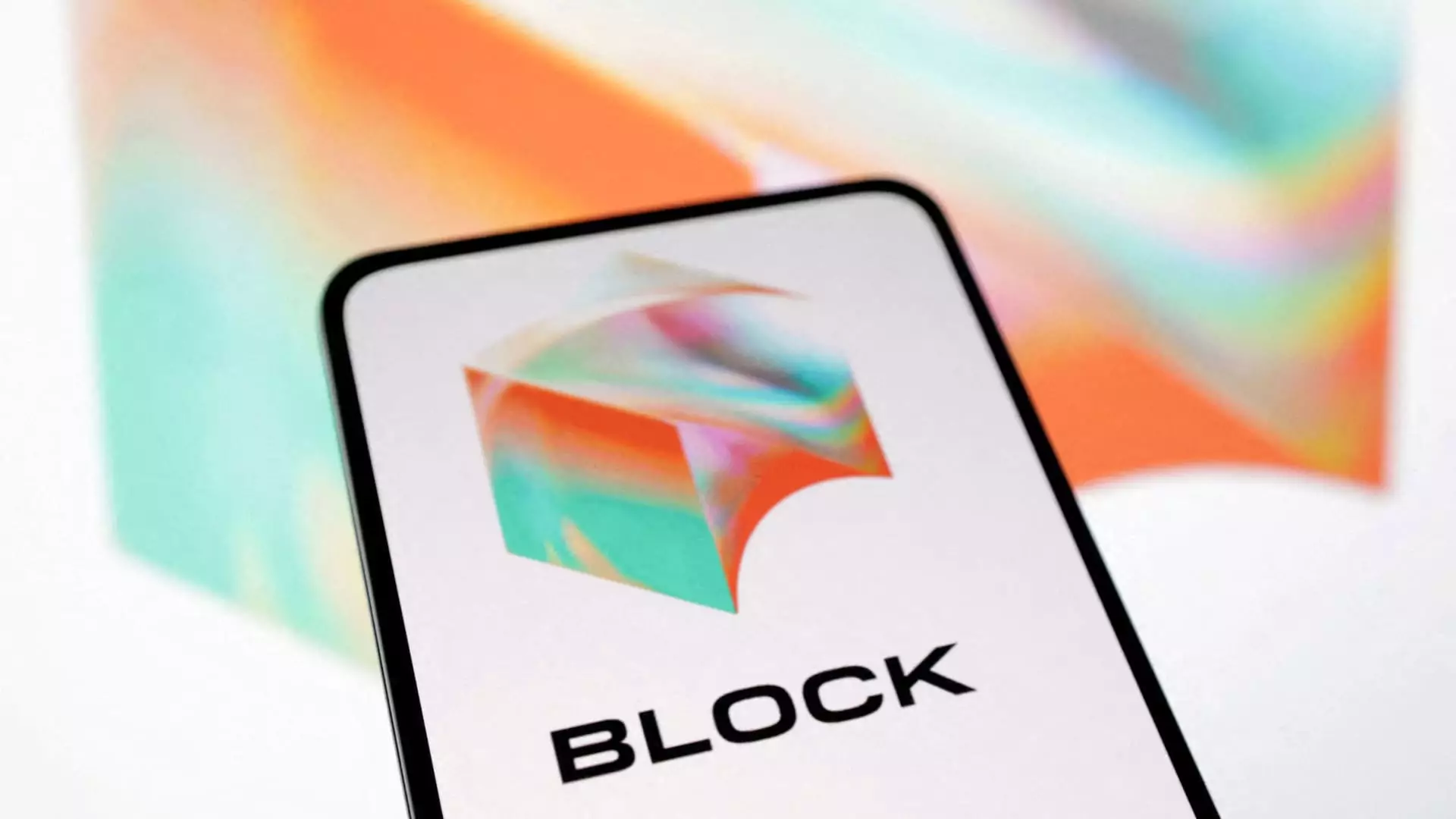In the evolving landscape of financial technology, Block, previously known as Square, announced its third-quarter earnings recently, revealing a mixed bag of results that sent ripples through Wall Street. Reporting numbers that fell short of analyst expectations, the company’s strong push for profitability and strategic shifts sparked important discussions among investors and analysts alike.
Unexpected Revenue Shortfall
Block reported third-quarter revenues of $5.98 billion, a clear deviation from the anticipated $6.24 billion. This underperformance initially led to a sell-off in after-hours trading, reflecting investor anxiety over potential growth issues. However, as details about profitability emerged, sentiment began to shift. Earnings per share stood at 88 cents adjusted, narrowly beating the expected 87 cents. This nuanced perspective on earnings highlights a broader shift in investor focus from mere revenue figures to the underlying profitability metrics that signal a company’s health.
A Look at Profitability
Amrita Ahuja, Block’s Chief Financial Officer, articulated the importance of gross profit in driving investor confidence despite the revenue miss. The company revealed a gross profit of $2.25 billion, marking a robust 19% year-over-year increase. This growth in gross profit, along with a reported net income of $283.7 million, positioned Block favorably amidst a challenging earning season. Internal metrics revealed daily performance improvements, suggesting that careful management of costs and a robust performance in their Cash App unit were pivotal in bolstering overall finances.
Central to Block’s profitability narrative is its Cash App platform, renowned for its user-friendly mobile payment capabilities. In this quarter, Cash App generated a remarkable gross profit of $1.31 billion, reflecting a year-on-year increase of 21%. Notably, the platform saw its monthly active users rise to over 24 million, an 11% increase from the previous year. Gross payment volume, however, fell short of projections, landing at $62.4 billion instead of the expected $64.3 billion. This reveals a nuanced view of the Cash App’s growth trajectory, highlighting potential market saturation or competition effects.
Block’s strategic investments in its lending ecosystem were also focal points during the earnings discussion. CEO Jack Dorsey emphasized the transformative potential of integrating Afterpay—acquired in a high-profile $29 billion deal in 2021—into Cash App’s functionalities. Noteworthy mentions included efforts to shift consumer behavior towards utilizing Cash App Cards as alternatives to traditional credit options, indicating an evolution toward a more integrated financial service model.
The company’s lending products, enhanced by artificial intelligence, aim to improve decision-making capabilities and manage risks associated with lending. Low loss rates were reported across various lending products, including a modest 1% on buy now, pay later transactions, 3% on Cash App borrow, and 4% on Square Loans. This approach not only indicates effective risk management but also positions Block well for future monetization strategies.
Outside of its core financial services, analysts predict that Cash App could facilitate the growth of an advertising sector for Block, opening avenues for revenue generation through promotional pricing and brand placement. However, to streamline operations and direct focus toward high-performing segments, Block has implemented significant cost-cutting measures. This includes scaling back investments in Tidal, Jay-Z’s music streaming service, as well as winding down their Bitcoin-focused division, TBD.
The move to downsize around Tidal and Bitcoin operations, particularly after earlier rounds of layoffs this year, underscores a strategic pivot aimed at consolidating resources and refining operational focus. Dorsey has expressed a commitment to enhancing Bitcoin accessibility through Cash App, and with Block holding about 8,300 Bitcoin as of the quarter’s end, valued at approximately $630 million, the focus on cryptocurrency remains part of their long-term vision.
Looking Ahead: Challenges and Opportunities
As Block navigates this complex landscape, the road ahead is characterized by both challenges and opportunities. While the revenue shortfall may concern stakeholders, the emphasis on profitability and the strategic integration of lending and cash management services depict a company poised for potential rebounds and innovations. The ability to adapt to market conditions and explore new revenue streams will be crucial as Block endeavors to reinforce its position in the competitive fintech arena. The ongoing concern about market fluctuations will necessitate cautious optimism from both management and investors moving forward.

